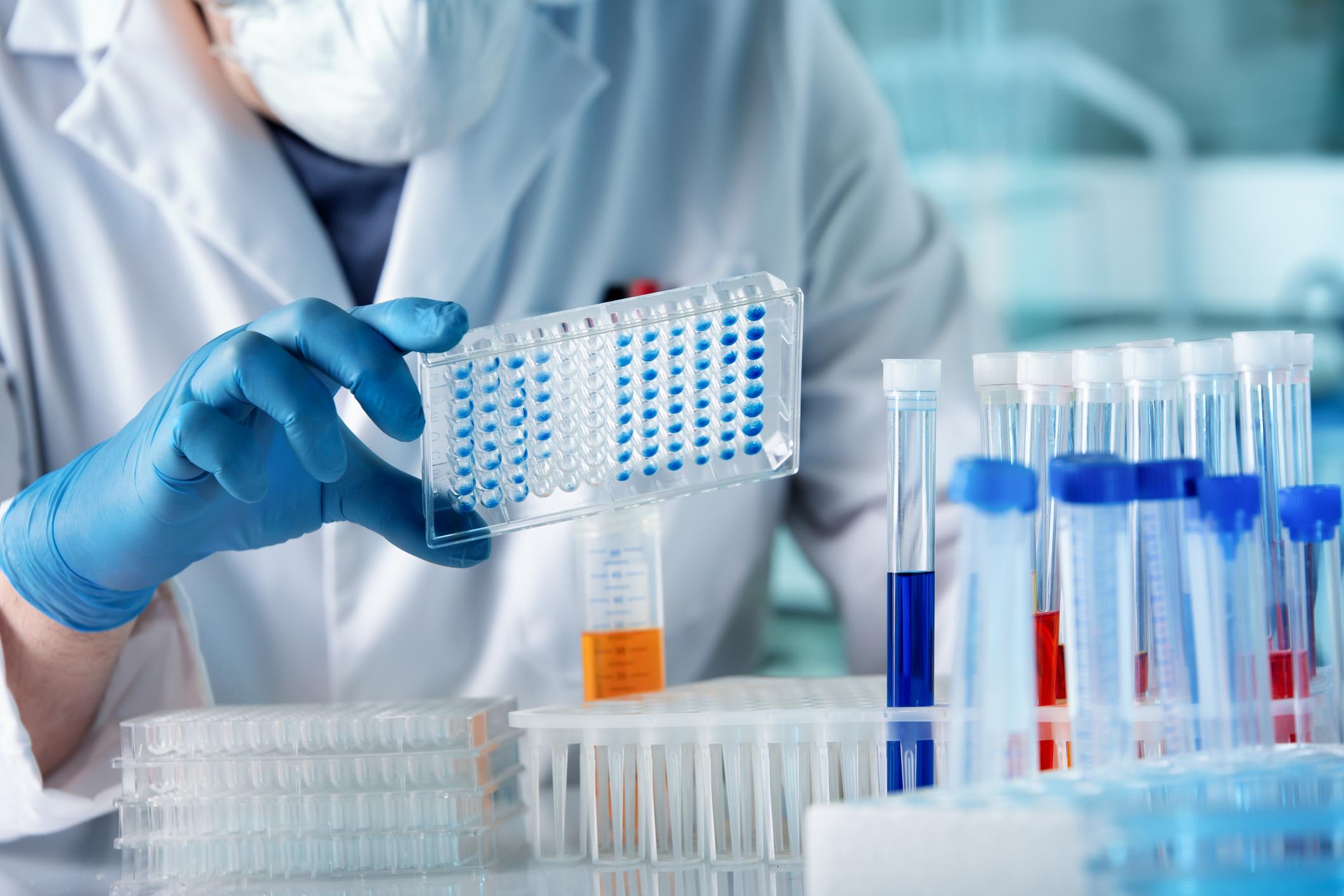Experts wonder about the phenomenon of precocious puberty which has more than doubled among girls since the Coronavirus epidemic.

- Precocious puberty is the onset of sexual maturation in girls before age 9 or in boys before age 8.
- Since 1977, the year of the first studies on the subject, the age of puberty has advanced three months per decade.
Two or three patients per week with precocious puberty instead of one or two patients per month: this is the abnormal frequency observed by the author of a Turkish study, which joins several studies establishing that the Coronavirus epidemic has caused a jump the number of girls experiencing premature sexual development.
Precocious puberty observed in Italy, Germany and the United States
Indeed, this observation taken up by New Scientist is not isolated and this phenomenon is not specific to one place in the world.
Similar results have also been reported in studies Italian, American and German.
The latest study by researchers at the University of Bonn, Germany, for example, revealed how the number of girls diagnosed with precocious puberty at a single medical center more than doubled to 23 in 2020, when the he Covid-19 epidemic has spread around the world. It has increased further to 30 in 2021, according to results presented at the 2022 meeting of the European Society for Pediatric Endocrinology.
The same is true in the United States:In the year before the Covid-19 pandemic, 28 children started treatment and in the year of the epidemic, 64 children started treatment“says Karen Klein of Rady Children’s Hospital and the University of California, San Diego.
Advanced puberty causes health problems
Precocious puberty is rare since it affected one in 5,000 to 10,000 children in pre-pandemic times. For a boy, it affects 10 girls.
This increase in cases is not insignificant, indeed regardless of a person’s sex, precocious puberty is linked with several problems : short stature in adulthood, serious health problems, such as heart disease, type 2 diabetes and certain cancers.
Precocious puberty has also been associated with certain mental health problems, such as anxiety in boys and depression in girls, the authors point out.
Premature sexual maturation: how to explain this phenomenon?
The Covid-19 virus itself would not, however, be responsible according to scientists, in particular because among the young girls affected by this precocious puberty, many have never been positive for Covid-19.
The authors of the various studies put forward several hypotheses to explain the impact of this particular period on the health of young girls.
“We know that stress can cause early puberty, so this is an important factor to consider“, explains Mr. Klein.
Increased screen time and shifts in sleep cycles due to remote learning could also be at play, according to Paul Kaplowitz of Children’s National Hospital in Washington, cited in New Scientist.
This is all the more likely since exposure to blue light from mobile phones has been recognized as a risk factor precocious puberty in adolescence and impaired fertility in adulthood.

















